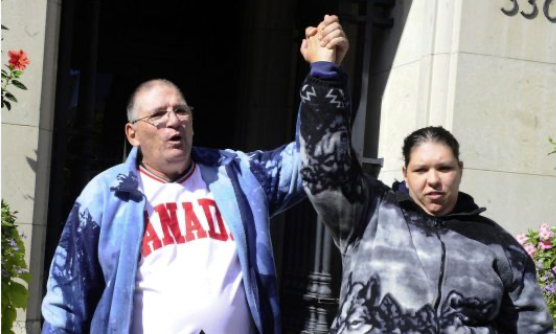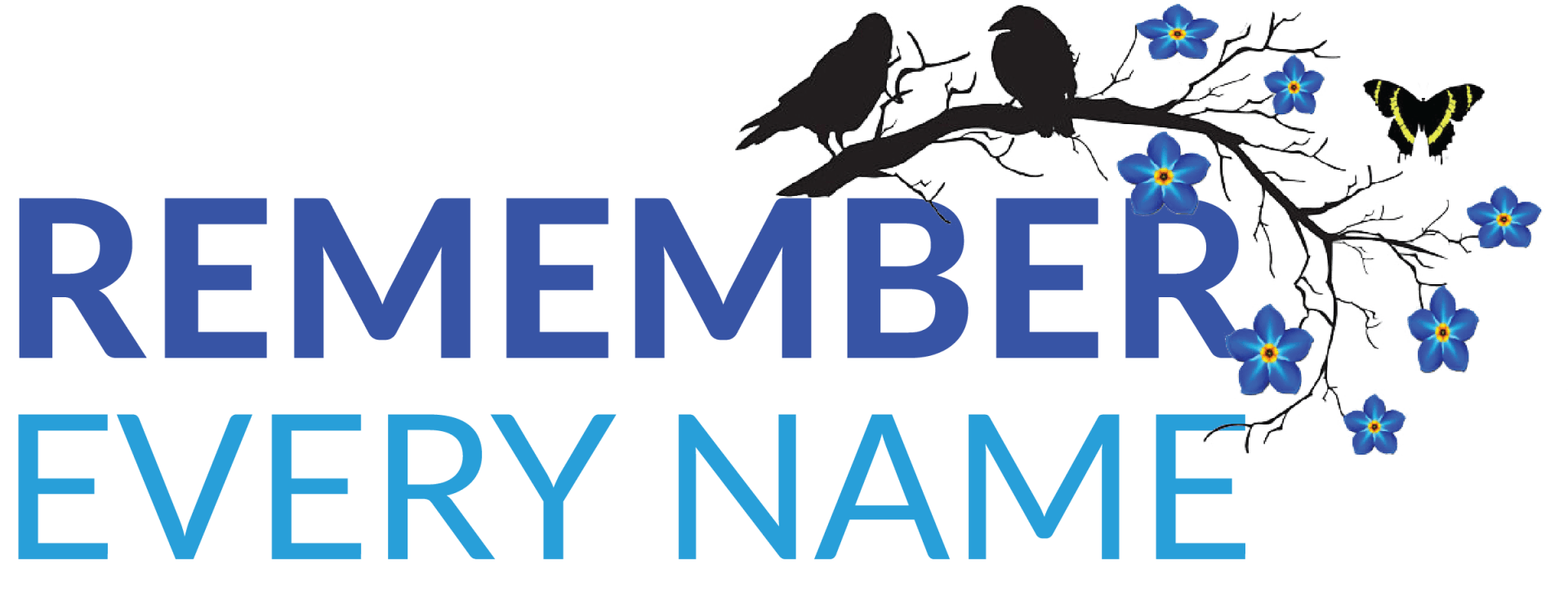Ontario is right to finally admit it failed developmentally delayed kids

After years of legal delays the Ontario government has finally settled a class-action lawsuit by abused children at the provincially run Huronia Regional Centre.
Colin McConnell / Toronto Star
It’s hard to measure justice when the grievance is extreme.
What will compensate for a lost childhood? For the emotional, physical and sexual abuse meted out by caregivers in a provincially operated facility? Perhaps there is no real way to right those wrongs and that’s why, for many former residents of the Huronia Regional Centre, the Ontario government’s long-delayed settlement of a class-action lawsuit may be good enough.
Just reaching the agreement — with the promise of an apology and $35 million in financial compensation — was a three-year battle, fought every step of the way by provincial government lawyers. Shamefully, some former residents, now well past their middle years, died before seeing a resolution.
But the 3,700 one-time residents named in the lawsuit have every right to feel relief that their legal battle has ended. As the case went to court this week, the government’s decision to settle was generally greeted as good news by former residents who were abused as children in the Orillia institution. Finally, they will experience some solace, knowing that their suffering — and the government’s refusal to prevent it — has been acknowledged.
Indeed, the promised apology, if heartfelt, will go a long way to ease the pain. Premier Kathleen Wynne should ensure that the government issues it promptly. Further delays would be unconscionable.
And, as the Star’s Rachel Mendleson reports, the terms of the settlement also include a promise to improve the rundown cemetery where most of the 2,000 former residents were buried in unmarked or numbered graves. The province is also promising to create a registry of the people buried there. It’s a commendable attempt to make amends, although it will be worth watching to see how and when those improvements are actually made.
What is noteworthy about the settlement is the government’s agreement that incriminating documents produced by the residents’ legal team will be available for “scholarly research.” These records include written staff complaints sent to government officials complaining of the abuse, to no avail. It’s a significant step toward transparency.
While it’s good that fragile residents were not forced to testify at the trial, the original lawsuit could still set a legal precedent for two similar suits. Unfortunately, former provicial institutions in Smith Falls and Chatham – now closed – face similar allegations.
For decades, the Ontario government turned a blind eye to the suffering of developmentally delayed children in its care. By settling the Huronia lawsuit the government has, however belatedly, acknowledged its failures.
For many former residents, now reaching old age, it’s the admission they’ve been waiting a lifetime to hear.
